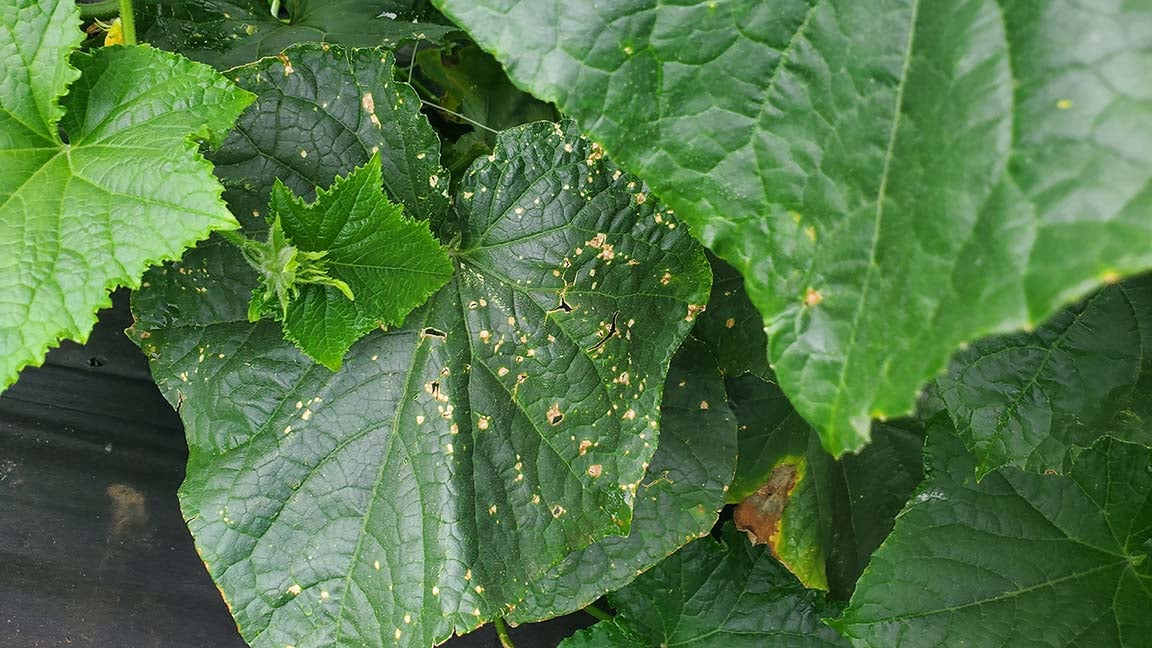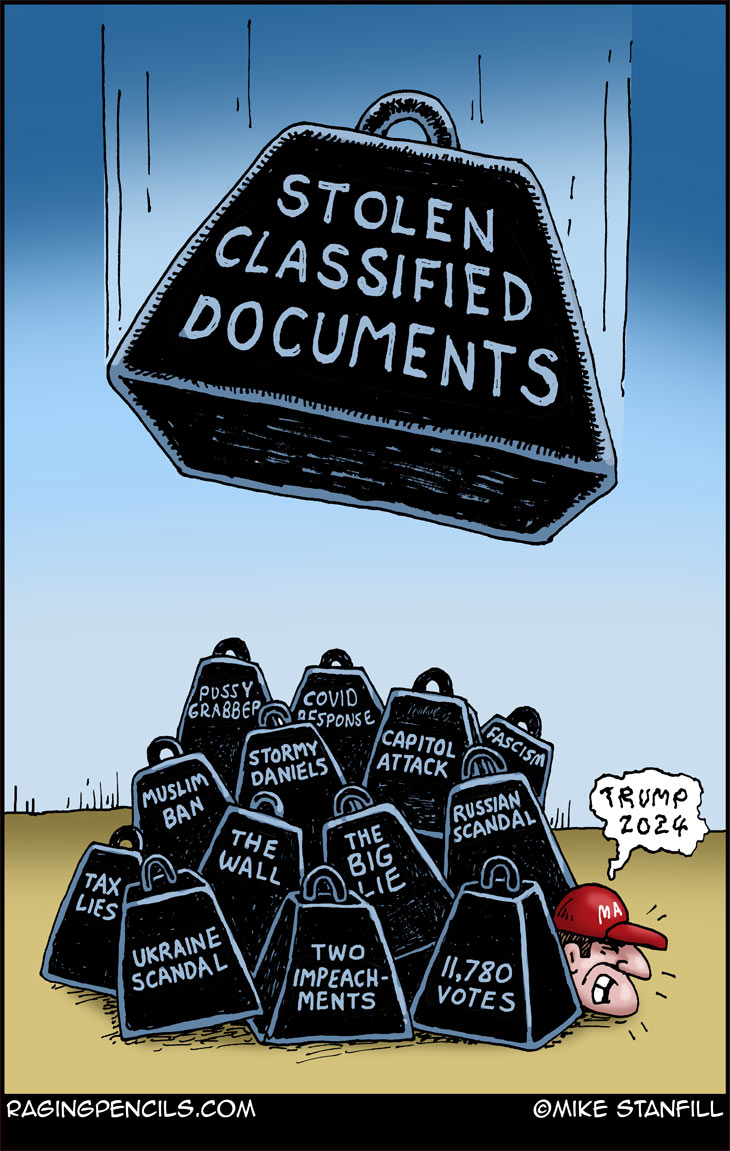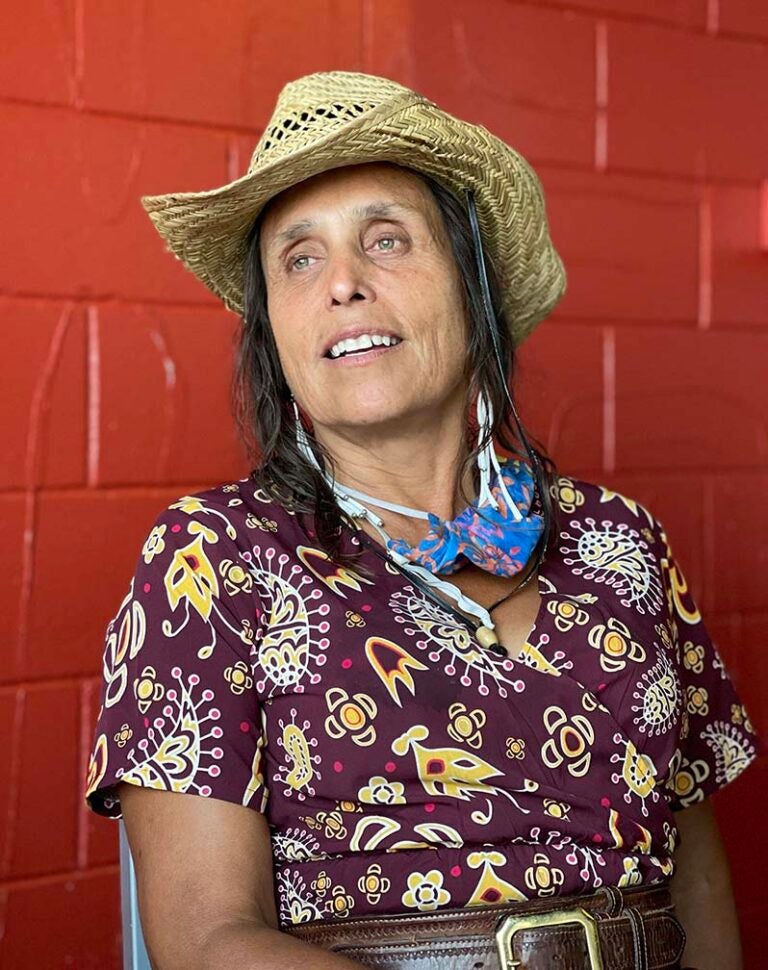Five candidates offer wide variety
By Will Collette
With the start of early voting and mail-in ballots, some of
you may have already made your choice. But for those of you who haven’t, I’d
like to offer my opinion of the field.
The five candidates are accidental incumbent Dan McKee,
term-limited Secretary of State Nellie Gorbea, former CVS executive Helena
Foulkes, left-wing guru Matt Brown and activist Dr. Luis Daniel Munoz.
To be blunt as well as consistent with my past criticisms, I
think Dan McKee has been a lousy Governor, a post he got by virtue of Gina
Raimondo’s decision to go to Washington to become Joe Biden’s Commerce
Secretary.
McKee was a lackluster, almost invisible Lieutenant Governor
and only stayed in that office when challenged in 2018 by Aaron Regunberg who
actually wanted to make something out of that office. McKee won the
primary by only 2,466 votes. In my opinion, he would have lost if more
voters actually cared about the office of Lieutenant Governor.
Other high-ranking Rhode Island politicos describe him as
“lazy” and “stupid,” not able to focus on more than one issue at a time. It
used to be McKee’s sole focus was charter schools. Now it’s “small business”
(whatever that means) to the exclusion of all else.
I am especially furious at McKee for his COVID practices. In
the name of small business, McKee ended all restrictions and pretty much has
tried to make COVID invisible. He closed down state testing and vaccine sites.
The State Health Department only reports statistics, such as they are, once a
week now. (By the way, we remain at a community infection rate that is ten
times higher than it was on July 4, 2021 and that only includes cases the state
knows about, not those discovered on home test kits).
I blame him for people no longer masking and, frankly, not
even paying any attention. Yet, ask yourself: can you remember any time during
the pandemic when you’ve had so many friends and family come down with COVID?
McKee is in a statistical dead heat in the polls with his
top competitor, term-limited Secretary of State Nellie Gorbea. In many ways,
Nellie is the opposite of McKee. He is as inspiring as Campbell’s Chicken Noodle soup® while she is dynamic and creative.
She has also had eight years to show us an outstanding
record as Secretary of State – running efficient, fraud-free elections,
handling COVID’s potential to disrupt the 2020 election, expanding her
department’s services and fighting hard for every citizen’s right to vote.
Her office is always coming up with innovations. I just ran
across a new one where she tracks the early votes as they come in. Using this
new RI
Voter Turn-out Tracker, as of August 30, 33 Charlestown voters have voted
early at Town Hall. No mail-in ballots for Charlestown has turned up yet.
Nellie has my vote without doubt or question.
Behind McKee and Nellie, there are three also-rans.
Helena Foulkes is
the only one to break into double digits in the polls, largely based on her
ability to use her considerable fortune to buy a lot of advertising. Her
downside is that she takes the blame whenever CVS gets negative headlines, such
as the recent court award of millions in damages against CVS for its role in
pushing opiate drugs and contributing to our national overdose epidemic.
I saw her when she met with the Charlestown Democratic Town
Committee and found her to be a knowledgeable and likeable person. I don’t see
her as Governor, but I do hope she stays in Rhode Island politics. Her main hope of winning lies in Nellie and McKee attacking each other so badly that voters turn to her instead.
Behind her is the enigmatic Matt Brown, leader of the Rhode Island Political Coop. I think of
Brown as an anti-Democrat, as his driving motivation seems to be the belief
that Rhode Island’s entire political structure is corrupt and needs to be torn
down completely and replaced by him and his followers.
Brown harbors a deep-seated grudge against the state
Democratic Party. After serving as Secretary of State from 2003 to 2007, Brown
declared for US Senate in 2006 seeking to unseat then Senator Lincoln Chafee.
That campaign ended on accusations that Brown engaged in a practice
called “donation swapping” to evade campaign donation limits. In this case,
Brown received large donations from state Democratic Parties as far away as
Hawaii while Brown’s own high-roller donors sent equivalent donations to those
out of state parties. He was exonerated
by the FEC in 2007.
Brown left Rhode Island to run an anti-nuclear non-profit in
Washington, only to return 12 years later to run against Gina Raimondo in 2018.
That was an ugly campaign, as Raimondo
reminded voters Brown was accused of political money-laundering. Brown
called Raimondo’s charge “defamatory,” citing the FEC findings, but the
damage was done.
While I take no joy in grudge matches and find that Matt
Brown offers little else in his run for Governor, I do acknowledge his
creation, the RI Political Coop, and the boost it has given to progressives
running for local and General Assembly seats.
We have three local Coop candidates: Charlestown’s Jennifer Douglas who I hope will be
successful at defeating ultra-rightwing Sen. Elaine Morgan; Megan Cotter of Exeter who hopes to
defeat insurrectionist state Rep. Justin Price and Michael Niemeyer of Westerly who is one of three Democrats on the
September 13 Primary ballot seeking to replace retired state Sen. Dennis
Algiere.
The last of the five Democratic Primary candidates for
Governor is Dr. Luis Daniel Munoz.
This is his second run for Governor, having run as an independent in 2018. He
received only 6,223 votes.
I heard him speak at the state Democratic Convention and,
despite the severe limits on speaking time, I thought he was quite impressive. Nonetheless,
he is polling last.
Like a number of other good people running for state offices they have no chance to win,
I just wish he would try to build some experience in local office. He’d make a
great state senator or representative or city council member.
Final note
 No matter which candidate emerges as the
Democratic choice for Governor, they will be far better than the nightmare
represented by the GOP choice, Ashley Kalus.
No matter which candidate emerges as the
Democratic choice for Governor, they will be far better than the nightmare
represented by the GOP choice, Ashley Kalus.
Days later, Kalus registered to vote in Rhode Island for the first time and then declared her intent to run for Governor in March. Does anyone smell pay-back?
Her Florida history is interesting in itself.
According to tax records, she and her husband own a condo in the Florida Keys (where she had been registered to vote) but paid
ZERO taxes based on what appears to be a
homestead exemption EVEN THOUGH her billing address is listed on the tax bill as 151 Belle Ave., Highland Park, IL 60035-2503. The property ownership is listed as
WEINZWEIG JEFFREY / ASHLEY.I wonder if she was ALSO registered to vote in Illinois where she worked as "director of public engagement for Illinois' former Republican Gov. Bruce Rauner" failed 2018 campaign.
She is a true Trumplican. In an interview with WPRI's Ted Nesi, when
asked which living political leader she admired most, she picked fascist
Governor Ron DeSantis of Florida. OMG!














.webp)











